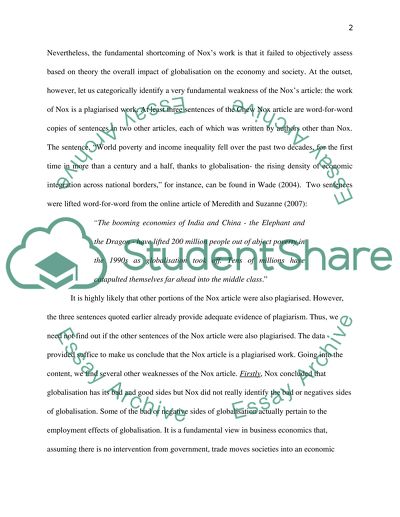Cite this document
(“A critical review on a perspective of globalization Essay”, n.d.)
Retrieved from https://studentshare.org/macro-microeconomics/1397287-critical-review
Retrieved from https://studentshare.org/macro-microeconomics/1397287-critical-review
(A Critical Review on a Perspective of Globalization Essay)
https://studentshare.org/macro-microeconomics/1397287-critical-review.
https://studentshare.org/macro-microeconomics/1397287-critical-review.
“A Critical Review on a Perspective of Globalization Essay”, n.d. https://studentshare.org/macro-microeconomics/1397287-critical-review.


